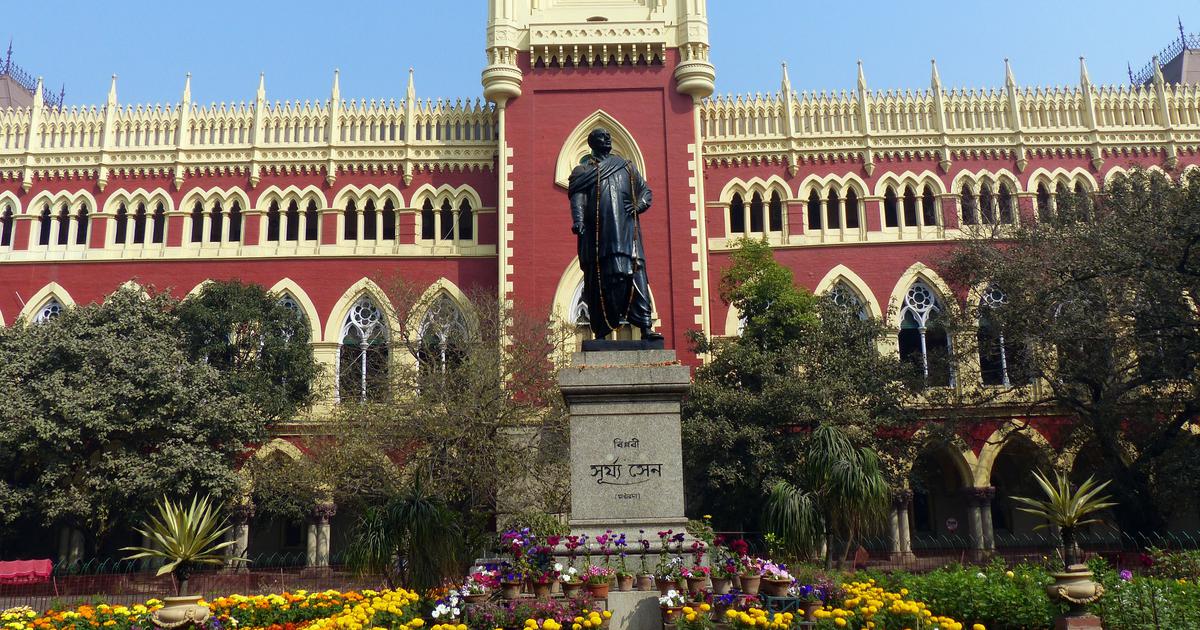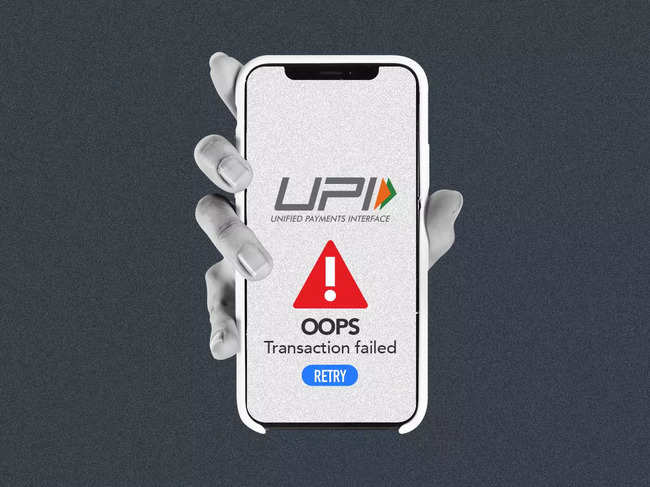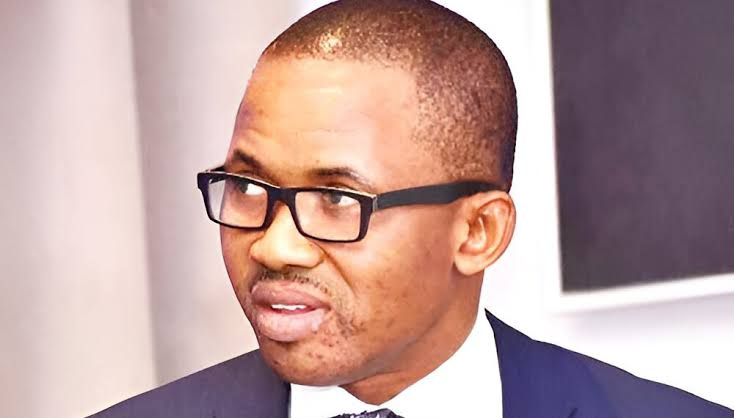KalimNews, Kolkata, April 10, 2025 : The Calcutta High Court has adjourned the hearing on the contentious issue of suspending salaries for 313 teachers appointed under the Gorkhaland Territorial Administration (GTA) to April 30, 2025. The matter stems from a writ petition challenging the legality of these appointments, which have been flagged for serious procedural and ethical irregularities.
Presided over by Hon’ble Justice Biswajit Basu, the court on April 7, 2025, observed that the appointments were prima facie illegal and called for an immediate halt to salary disbursements. However, upon request from the GTA, the court granted a 72-hour period to comply with its order, leading to a follow-up hearing on April 10 that was subsequently deferred.
The case arises from a writ petition (WPA 1089 of 2023) filed by Jashimuddin Mondal and others, who allege that 313 individuals were appointed as teachers in government-aided schools across Darjeeling and Kalimpong without undergoing any formal or approved recruitment process. Petitioners claim that school managing committees and GTA officials colluded to fabricate documents, falsely presenting these individuals as volunteer teachers. This misrepresentation, they argue, facilitated their unlawful regularization under the West Bengal Central School Service Commission (WBSSC), allegedly with GTA’s Education Department approval.
The appointments, made between 2017 and 2019 during Binoay Tamang’s tenure as GTA administrator, are said to violate a 2010 directive from the state’s Department of Education, which explicitly barred voluntary teacher appointments without prior written consent. Despite this, the appointees were regularized, many without holding the required Bachelor of Education (B.Ed) degree—mandatory for teaching at secondary and higher secondary levels.
The Criminal Investigation Department (CID) has since unearthed evidence suggesting that some of these appointments were secured through bribery and political interference. Among those named in the CID’s report are former Education Minister Partha Chatterjee, Trinamool Congress youth leader Trinankur Bhattacharya, and then-GTA head Binoy Tamang.
Further deepening the controversy, the list of 313 appointees includes high-ranking leaders from the Bharatiya Gorkha Prajatantrik Morcha (BGPM), the ruling party in the GTA. Notable names include Sanchabir Subba, Deputy Chief Executive of the GTA Sabha and Secondary Education chief; Keshav Raj Sharma (Pokhrel), Assistant General Secretary of the BGPM; and Amrit Yonzon. The inclusion of these politically connected individuals has intensified public outrage and raised serious questions about the transparency of the recruitment process.
The GTA has defended the appointments, arguing that the region has lacked a functional School Service Commission since 1996, compelling schools to appoint volunteer teachers to sustain operations. They contend that the regularization of long-serving volunteers was a pragmatic step. However, the state government’s own affidavit acknowledges that while 439 similar appointments were made with WBSSC vetting, these 313 appointments in 2019 were not similarly processed. Notably, the District Inspector of Schools was not authorized to approve such appointments independently.
A detailed breakdown shows that 207 of the 313 teachers are serving in 62 schools under the District Inspector of Schools, Darjeeling, while 106 are working in 29 schools under Kalimpong’s jurisdiction. Schools such as Bagrakote Higher Secondary School (12 teachers), Rongo Higher Secondary School (9), Rabindranath Higher Secondary School (9), Bhanu High School (8), and Ghoom Boys Higher Secondary School (8) are among those most affected.
Reacting to the gravity of the situation, the Calcutta High Court has strongly signaled its intent to ensure accountability. It proposed an immediate suspension of salaries for the implicated teachers and has warned that failure to comply will lead to direct court enforcement. The state government, while admitting to certain procedural lapses, has denied systemic corruption—an argument undermined by the depth of findings in the CID report.
This case unfolds amid broader scrutiny of public sector recruitment in West Bengal. The state’s education system is already reeling from the fallout of a previous scandal where over 24,000 teaching and non-teaching positions were cancelled due to corruption—a decision upheld by the Supreme Court, reinforcing the judiciary’s demand for integrity in public appointments.
With the next hearing scheduled for April 30, 2025, this case is poised to significantly impact not only the fate of the 313 teachers under review but also the larger framework of educational governance in the GTA and beyond. As investigations continue and public pressure mounts, the court’s forthcoming decision is expected to serve as a litmus test for institutional resolve in upholding procedural integrity and combating political patronage in the education sector.
This unfolding scandal, entangled in both bureaucratic lapses and political influence, presents a major challenge to the credibility of West Bengal’s educational administration and could catalyze long-overdue reforms in public service recruitment across the region.






